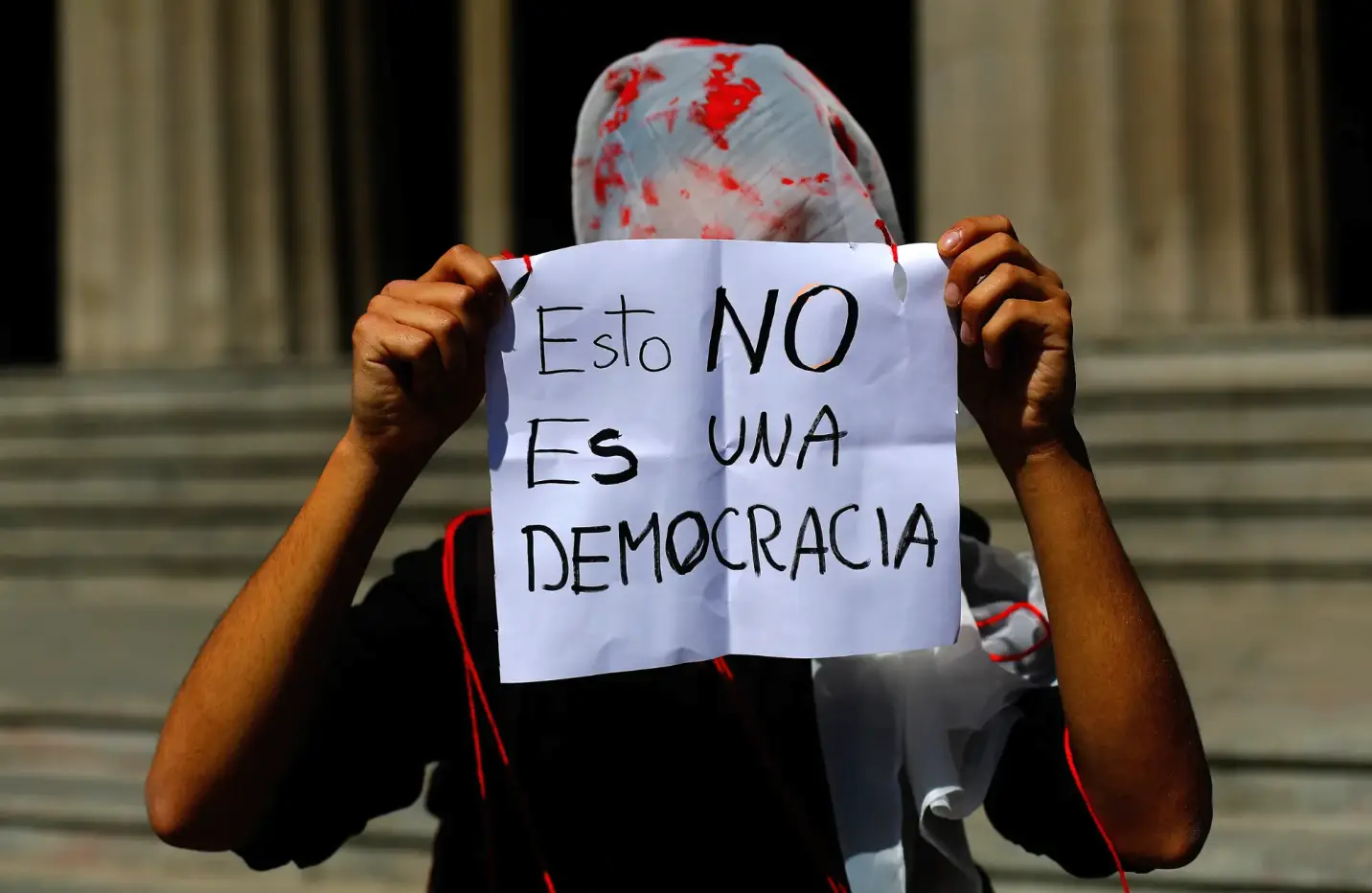The rise of authoritarianism, restrictions on fundamental rights, and the ineffectiveness of justice systems contribute to its decline.
According to the World Justice Project’s (WJP) Global Rule of Law Index 2024, the rule of law has declined globally for the seventh consecutive year. This year, adherence to the rule of law deteriorated in most of the countries included in the Index. The steepest declines worldwide were observed in several Latin American countries.
Using a comprehensive definition of the rule of law based on four principles derived from international standards, the WJP analyzes the rule of law in eight factors: limits to government power; absence of corruption; open government; respect for fundamental rights; order and security; regulatory compliance; civil justice and criminal justice. Together, these factors contribute to an effective rule of law system beyond the judicial system. The Index gives a score for each factor. Together, they make up the overall score for adherence to the rule of law in each country.
The Index scores for 2024 are constructed from more than 550 questions, which are the result of surveys administered to more than 214,000 households and 3,500 legal experts. The Rule of Law Index summarizes the day-to-day perceptions and experiences of citizens and legal professionals in 142 countries and jurisdictions, covering 95% of the world’s population.
Overall Weakness
In 2024, the rule of law weakened in 57% of the countries measured in the Index, compared to 2023. The decline of the rule of law in the world is mainly explained by authoritarian tendencies. These are reflected in the lack of limits to government power (factor 1) and protection of human rights (factor 4). Also, by the deterioration of access to civil justice (factor 7). Of the 81 (or 57%) countries and jurisdictions that showed declines in the Index this year, 78% of them showed deterioration in these three indicators.
The results for Latin America and the Caribbean are mixed. In the 2024 edition of the Index, 20 of the 32 countries in the region showed declines in their Rule of Law scores. Uruguay ranks first at the regional level, with 24th place globally. It is followed by Costa Rica in 29th place, and Barbados in 35th place. The countries reporting the largest increases in their scores this year are Brazil, Guatemala and the Dominican Republic. This is the first year in which Brazil has improved its rule of law trend in six years. For its part, the Dominican Republic is the only country in the region with consistent improvements in its Rule of Law score since 2020.
Venezuela ranks last in the 2024 Rule of Law Index. The countries in the region with the lowest scores are Nicaragua (137th globally) and Haiti (139th). The most pronounced deteriorations in the Index in 2024 in the region were seen in Haiti, Nicaragua and El Salvador. These countries were already experiencing a recession in their rule of law due to the deepening authoritarian tendencies of their leaders in recent years. In addition to the continuous deterioration of the justice systems. In the case of Haiti specifically, the increase in insecurity, crime and armed conflict.
Positive indicators
The decline of the rule of law in the world is not limited to this year. Since 2016, the rule of law has fallen in 77% of the countries assessed. This has been driven primarily by three factors. They are: authoritarian tendencies, the erosion of fundamental rights, and the inability of justice systems to meet people’s needs. In Latin America and the Caribbean, four out of five countries suffered a deterioration in the rule of law. Meanwhile, only five countries (17%) have improved their scores since 2016.
Not all the results of the 2024 Rule of Law Index are negative. Over the past three years, the proportion of countries with declines in their Rule of Law score has decreased consecutively. The factor measuring the absence of corruption, on the other hand, showed a substantial improvement in 2024. Fifty-nine percent of the world’s countries exhibited increases in this indicator.
This year’s results also show a positive relationship between a strong rule of law and the peaceful transition of power. Of the countries that held elections between June 2023 and May 2024, performance on Rule of Law, limits on government power (factor 1) and transition of power (subfactor 1.6) scores are lowest for those nations in which the governing party won. In addition, those countries that voted for a change, i.e., where the governing party was not elected, generally perform higher on rule of law, checks on executive power, and transition of power.
The role of checks and balances
The decline of the rule of law, the rise of authoritarianism, restrictions on fundamental rights and ineffective justice systems are worrying trends observed both globally and in Latin America and the Caribbean. These findings serve as an invitation to reflect on the execution of laws, the roles of the legislative and judicial branches, the efficiency of checks and balances to the Executive Branch and the protection of human rights in the world and particularly in Latin America.
*Machine translation proofread by Janaína da Silva.














